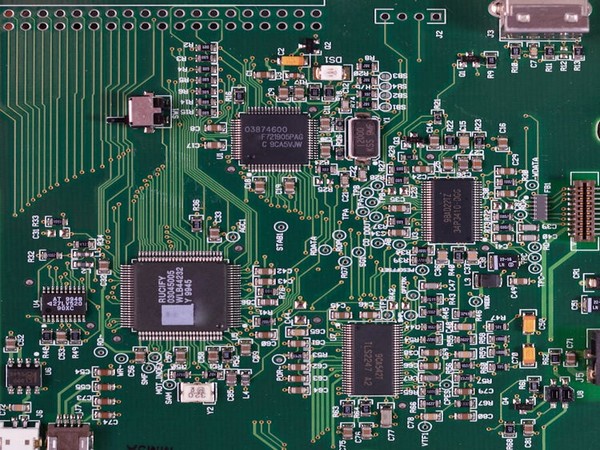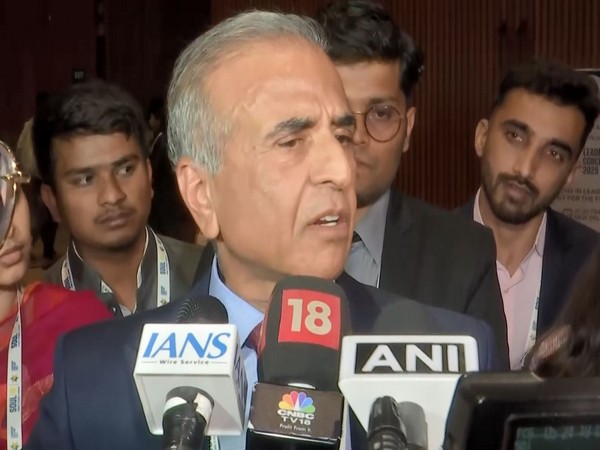
Beijing [China], July 4 (ANI): Chinese scientist He Jiankui has put forward a new proposal for modifying human embryos that he claims could help aid the “ageing population“, CNN reported.
He Jiankui sparked global outrage in 2018 when he revealed that he had created the first gene-edited children. In 2019, he was sentenced to three years in prison in China for “illegal medical practices”. He, however, remerged last year and surprised the global scientific community when he announced on social media that he was opening a research lab in Beijing
Since that time, updates on his research posted on his Twitter account have focused on proposed plans to develop gene therapy for rare diseases. The Chinese scientist again created controversy on Thursday by posting a new research proposal that experts say is reminiscent of his earlier work, which scientists broadly decried as unethical and dangerous, with the potential to impact human DNA across generations.
In a succinct, one-page document, he proposed research that would involve gene-editing mouse embryos and then human fertilized egg cells, or zygotes, in order to test whether a mutation “confers protection against Alzheimer’s disease.” “The ageing population is of grave importance as both a socioeconomic issue and a strain on the medical system … Currently, there is no effective drug for Alzheimer’s disease,” he wrote in an apparent nod to China‘s growing demographic burden due to a rising proportion of elderly.
Unlike the science that landed him in jail, this potential experiment involves a kind of abnormal fertilized egg cell generally considered not suitable to be implanted in a woman, as per CNN, No human embryo would be implanted for pregnancy and “government permit and ethical approval” were required before experimentation, the proposal said.
According to CNN, it’s not clear whether he would get approval for such work in China, even if the proposal he put forward was deemed to have merit, and outside experts say the current proposal is not scientifically sound. (ANI)






